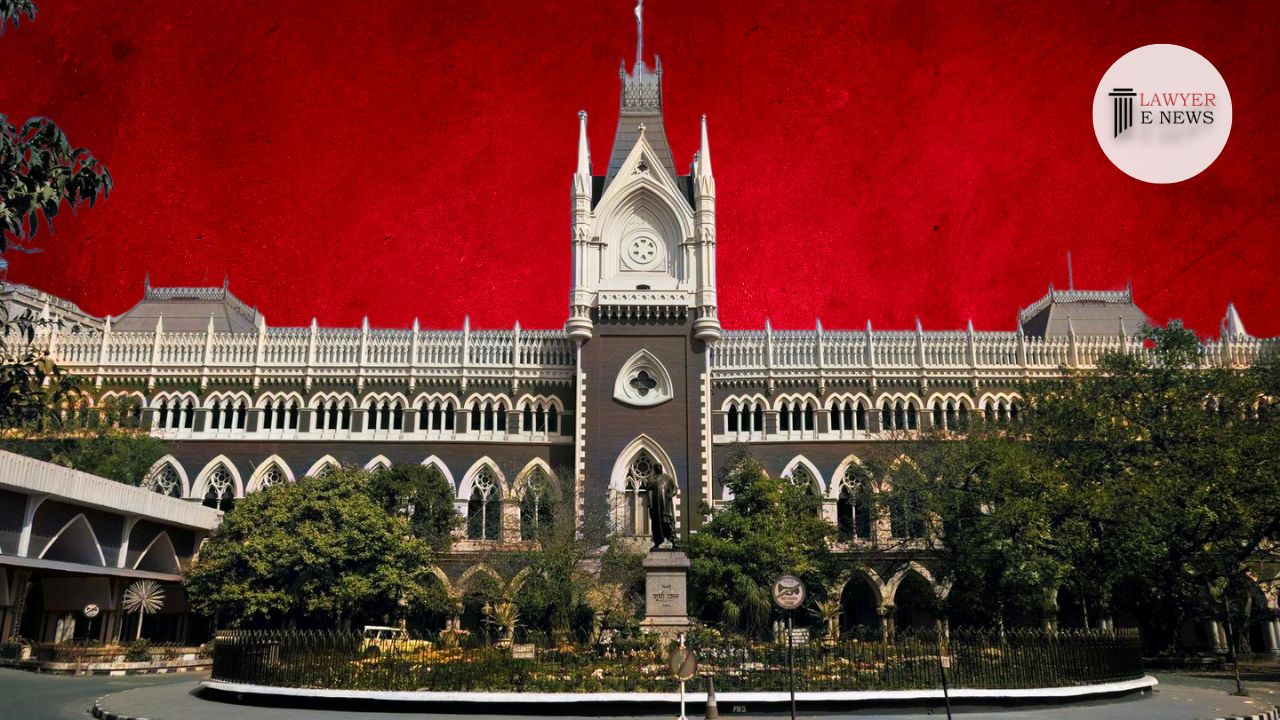-
by Admin
15 February 2026 5:35 AM



The High Court at Calcutta has upheld the Income Tax Appellate Tribunal’s (ITAT) decision that allowed Camellia Educare Trust to claim tax exemption under Section 11 of the Income Tax Act, despite the late submission of its audit report in Form 10B. The bench, comprising Chief Justice T.S. Sivagnanam and Justice Hiranmay Bhattacharyya, dismissed the Revenue’s appeal, highlighting the application of CBDT Circulars that permitted extensions for filing belated and revised returns.
Application of CBDT Circulars: The court noted that the ITAT had correctly applied CBDT Circulars F. No.173/193/2019-ITA-I dated April 23, 2019, and Circular No. 8 of 2021 dated April 30, 2021, which provided extensions for filing belated and revised returns. These circulars aimed to clarify and extend deadlines due to the practical difficulties faced by assessees.
Chief Justice Sivagnanam emphasized, “The Central Board of Direct Taxes issued Circulars allowing trusts registered under Section 12AA to file their returns within the extended timelines without losing exemption eligibility. The Tribunal’s reliance on these Circulars is justified.”
Exemption Eligibility and Compliance: The primary issue was whether the late filing of the audit report in Form 10B disqualified the trust from claiming exemptions under Section 11 of the Income Tax Act. The Revenue argued that the failure to file the report within the prescribed time under Section 139(4) should result in denial of the exemption.
However, the court held that the extensions provided by the CBDT Circulars allowed for such delays. “The learned Tribunal rightly applied the Circulars and granted relief to the assessee,” the bench remarked. This interpretation aligned with the objective of the Circulars to accommodate procedural delays and ensure that genuine charitable and religious trusts are not unduly penalized.
Justice Hiranmay Bhattacharyya stated, “The Tribunal’s decision to treat the return as filed within the allowed time was appropriate, considering the CBDT’s directives aimed at easing compliance burdens on assessees.”
The judgment reiterated the principle that procedural delays, especially in the context of compliance with tax regulations, should not override substantive justice. The CBDT Circulars were issued to address practical challenges and to ensure that entities eligible for exemptions are not deprived due to technical lapses.
The High Court’s dismissal of the Revenue’s appeal underscores the judiciary’s commitment to upholding the intent of tax regulations and Circulars issued by the CBDT. By affirming the ITAT’s decision, the court has reinforced the importance of flexibility in procedural compliance, ensuring that eligible trusts continue to benefit from exemptions despite minor delays in filing requirements.
Date of Decision:15th May, 2024
Commissioner of Income Tax (Exemptions), Kolkata vs. Camellia Educare Trust
